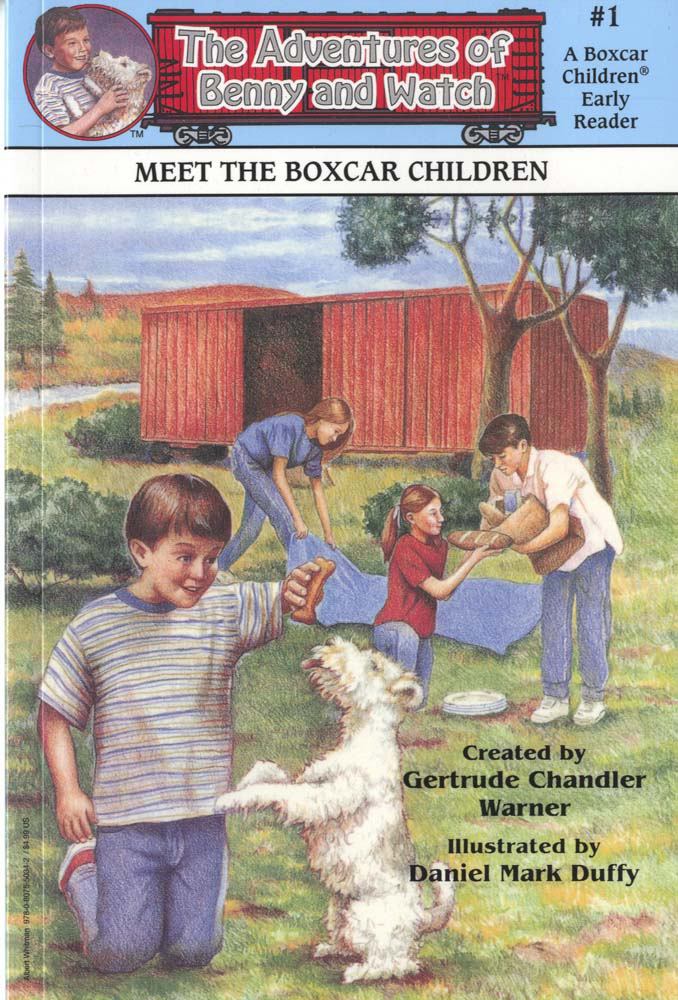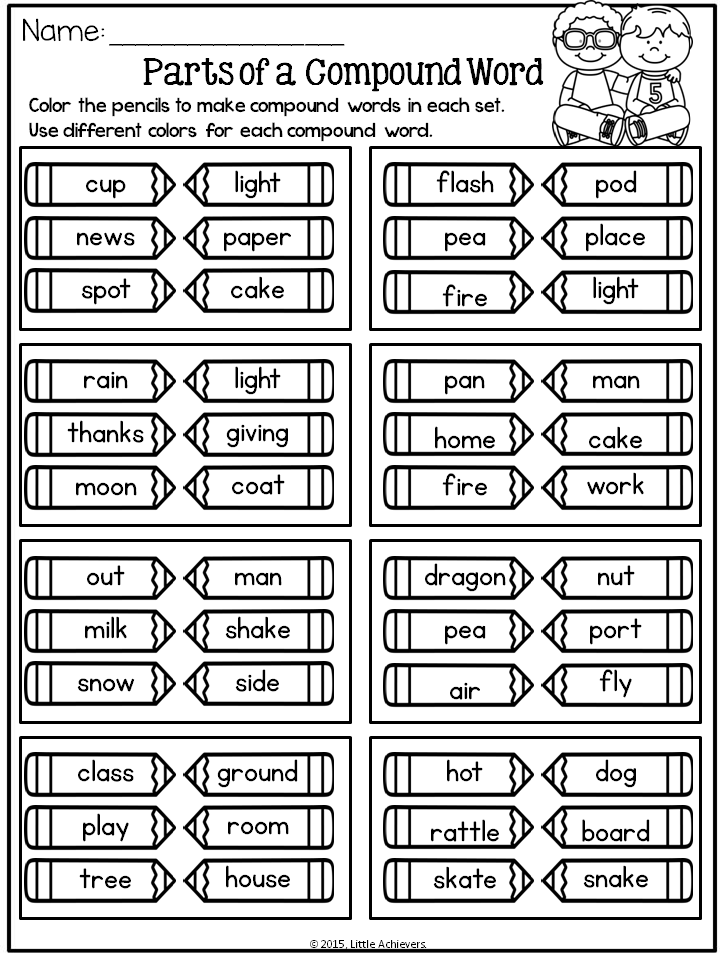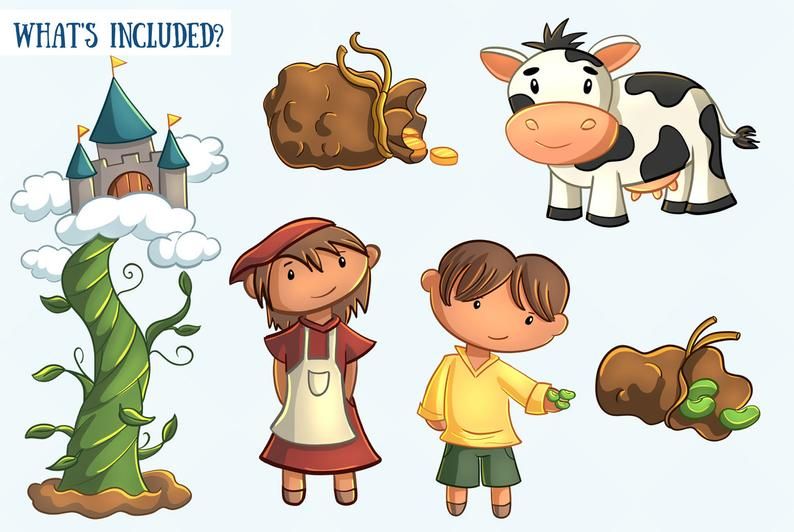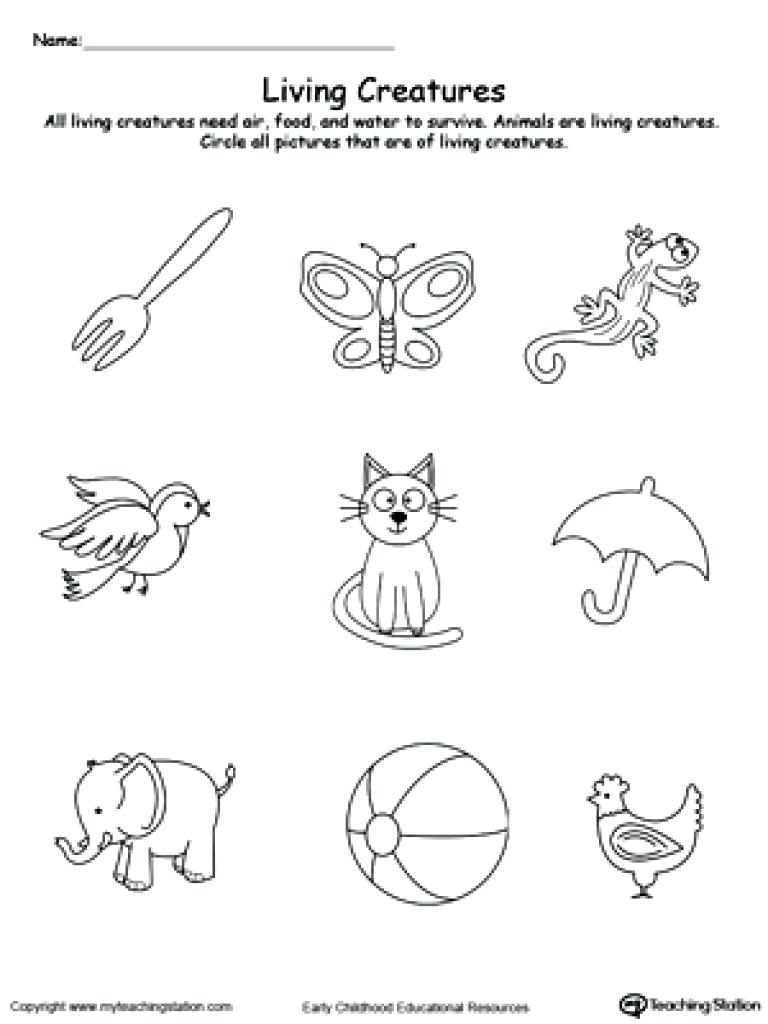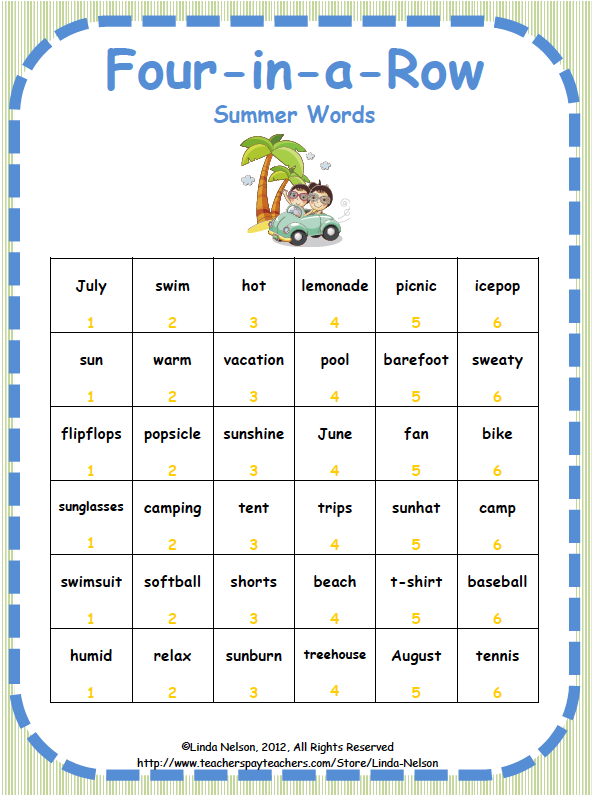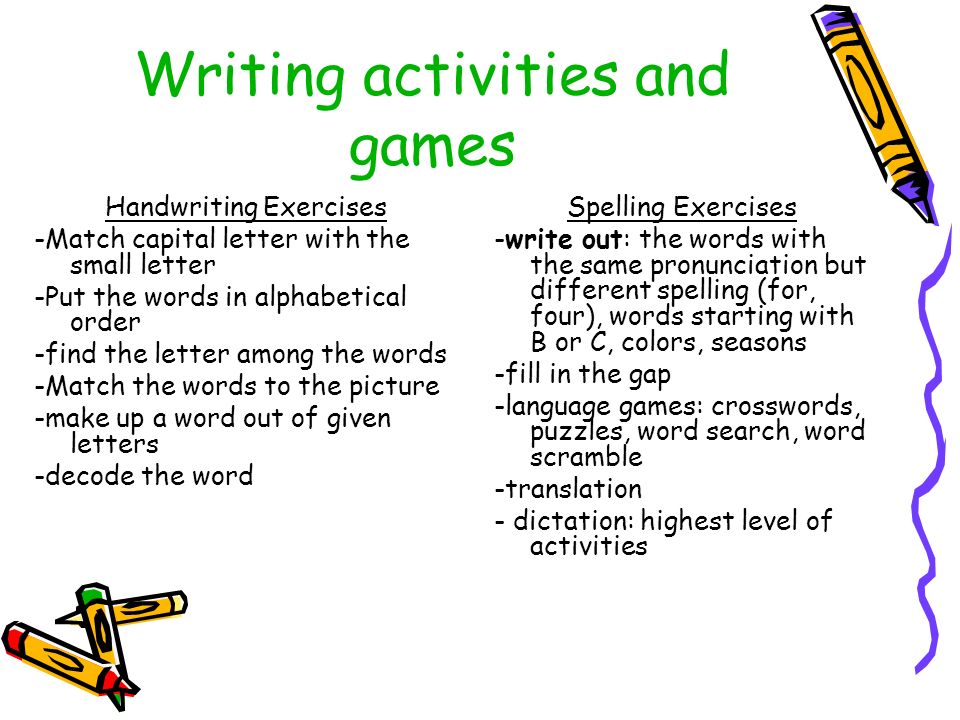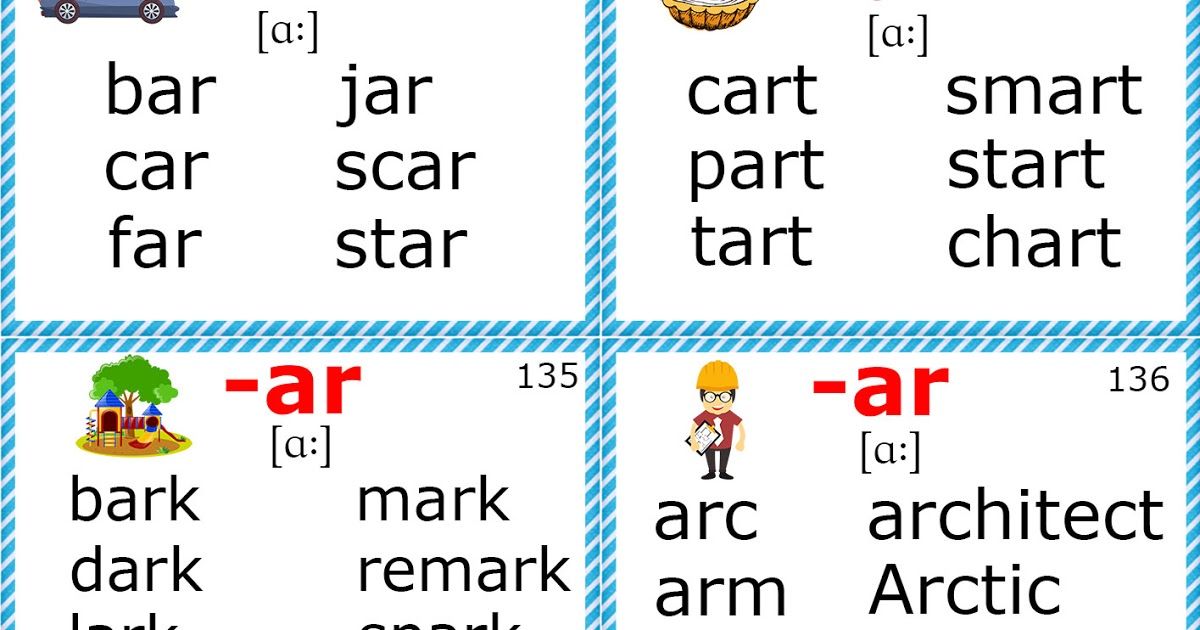Early reading company
Free Phonics Learning To Read Program For Children
Free Phonics Learning To Read Program For Children - Early ReadingSearch for:
Click for menu
CORONAVIRUS PANDEMIC
FREE READING PROGRAM
What amazing years 2020/2021 have turned out to be! Schools shut, children at home, parents looking for solutions. We have released our Digital Edition as a FREE resource. Animations, instruction videos, multimedia, word games and quizzes - all FREE.
FREE PROGRAM | PRINTABLE BOOKS
A WORLD READING PROGRAM
SYSTEMATIC, EXPLICIT PHONICS
Over 20 years, Fantastic Phonics has found its way into half the world's countries, into hundreds of thousands of homes and schools and communities, to help parents and teachers teach their children according to evidence-based Phonics techniques.
READ MORE
GOVERNMENT RESEARCH
REVEALS 450% IMPROVEMENT
Fantastic Phonics is used by multiple governments globally. As part of their decision, there has been in-depth, country-research into its effectiveness. The results are clear; Fantastic Phonics provides a 450% boost in outcomes.
RESEARCH SUMMARY | DOWNLOAD
NEW BOOK (click to download)
NEW BOOK (click to download)
NEW BOOK (click to download)
60 PRINTABLE BOOKS
FOR SCHOOL, HOME, COMMUNITY
Fantastic Phonics features 60 modules, gently-graded, from first readers to advanced vocabulary. The stories rhyming and full of fun, and the books are self-printable; designed for low cost print at home or school, and are easily replaced.
DOWNLOAD A SAMPLE | TEACHING GUIDES
DIGITAL EDITION
VIDEOS, MEDIA, QUIZZES, GAMES
The Digital Edition is a 60 module phonics program. It contains delightful videos, click and point multimedia, games and quizzes, and instruction videos which demonstrate the appropriate, evidence based methods of teaching phonics.
SAMPLE THE PROGRAM
INDIGENOUS READING BOOKS
DOWNLOAD FREE PRINTABLES
Written by an acclaimed literacy writer, with artwork from an established Indigenous artist, these FOUR books have been distributed throughout Australia - now yours to print and help your children read.
DOWNLOAD PRINTABLE BOOKS
PORTABLE SERVER VERSION
VILLAGES BEYOND THE INTERNET
The full version of Fantastic Phonics is placed on a portable server (which can connect many computers), and distributed to villages "beyond the internet", by Teacher in a Box and WorldPossible.
VIEW
top
This website uses cookies to improve your experience. We'll assume you're ok with this, but you can opt-out if you wish. Cookie settingsACCEPT
Privacy & Cookies Policy
Children Learn To Read Today with Phonics – Download Printable Readers | Free for Charities / Agencies | Printable Phonic readers & Books download : Early Reading
Search for:
Click for menu
After notification of your purchase, we will upgrade your account to allow access to the program.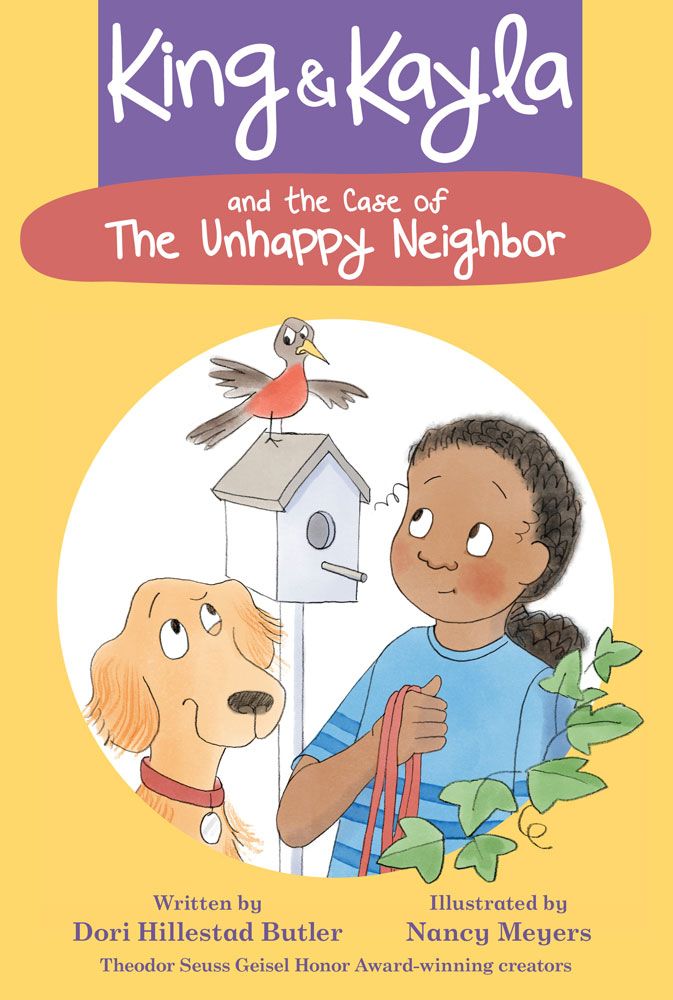
Fantastic Phonics Printable Package - Family License
One time payment – $49 Family Printable License – (FPFP)
- 60 gently graded Phonics Decodable Readers
black/white for easy, low cost printing - 60 Teacher Guides
- Comprehensive Day by Day Syllabus
BUY NOW…click here to register and buy NOT AVAILABLE TO SCHOOLS – SEE SCHOOL LICENSE BELOW
Fantastic Phonics Video + Digital + Printable Package - Family License
$99 Family Video + Digital + Printable License – (FPFD)
- Keep the Printable Readers forever
- Includes 20 video animations
- Includes 60 Printable storybooks, guides & syllabus (Printable Package)
- 400+ digital multimedia, challenges, videos, games and Apps
(See Home page for list) - Digital license – 1 Year (keep the readers forever)
BUY NOW…click here to register and buy NOT AVAILABLE TO SCHOOLS – SEE SCHOOL LICENSE BELOW
Fantastic Phonics Printable Package - School License
One time payment – $199 School Printable License – (FPSP)
- 60 gently graded Phonics Decodable Readers
black/white for easy, low cost printing - 60 Teacher Guides, Comprehensive Day by Day Syllabus
- Includes 3 month Introductory Use of Digital Package
BUY NOW…click here to register and buy
[/su_box]
Fantastic Phonics Video + Digital + Printable Package - School License
$199 School Digital + Printable License – (FPFD)
- Keep the Printable Readers forever
- Includes 20 video animations
- Includes 60 Printable storybooks, guides & syllabus (Printable Package)
- 12 month’s license on 400+ digital multimedia, challenges, videos, games and Apps
BUY NOW…click here to register and buy
Fantastic Phonics Digital + Printable Download - once-only purchase - $449
$449 once-only Video + Digital + Printable License – (FPSD3)
- Install onto school/college server or laptops or pads
- Includes 20 video animations
- Includes 60 Printable storybooks, guides & syllabus (Printable Package)
- 400+ digital multimedia, challenges, videos, games and Apps
- First 5 Books free – Click here for instant access
BUY NOW…click here to register and buy
top
This website uses cookies to improve your experience.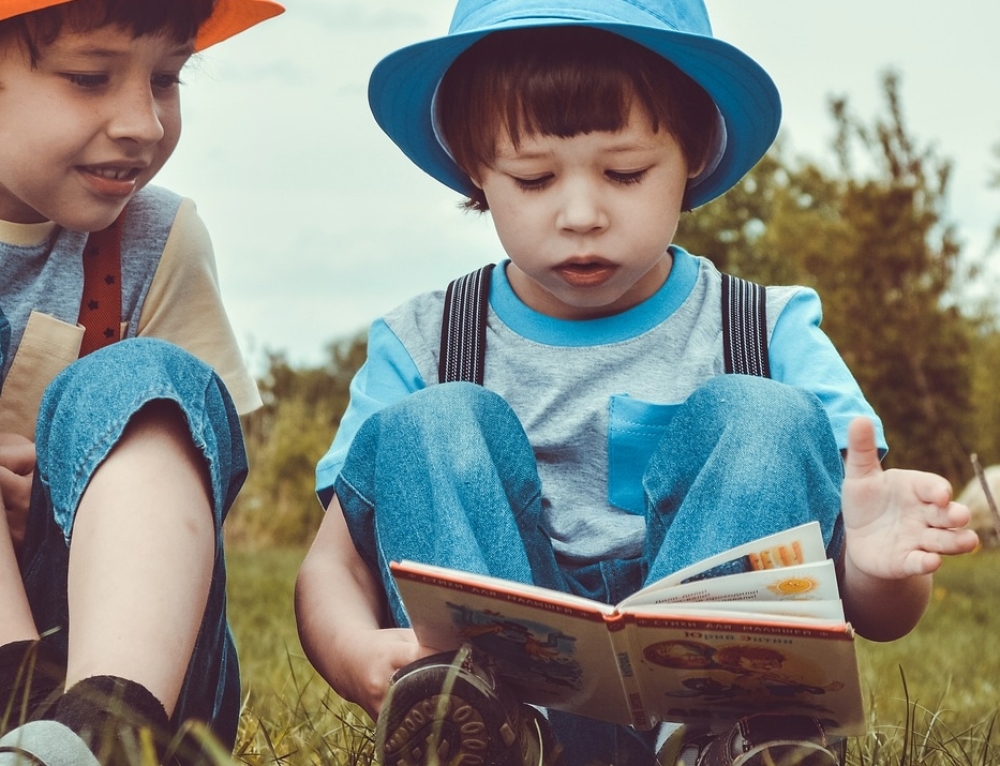 We'll assume you're ok with this, but you can opt-out if you wish. Cookie settingsACCEPT
We'll assume you're ok with this, but you can opt-out if you wish. Cookie settingsACCEPT
Privacy & Cookies Policy
NON-STATE EDUCATIONAL INSTITUTION EARLY READING SCHOOL
Refresh browser
Refresh browser
Capabilities
Integration
About the system
Statistics
Contacts
CfDJ8HJyMSOWarhLkJBDZs2NT-FW8v8ZyULuzrv0jSaKVQTsdWlA4Nulah2xbfGBw9zao5YBaX5DSkSaaAlHQFlNt2TLDAWULcnx2u50EKjQxf5lFDC1X1N2hPN0fhJxZUyIeU7Rboq1ngVe-sqd4rL8-Hk
Description of the search engine
search encyclopedia
TIN
OGRN
Sanction lists
Company search
Head of the organization
Court cases
Affiliation Check
Execution proceedings
Organization details
Information about the beneficiaries
Organization's current account
Credit risk assessment
Checking the blocking of the current account
Number of employees
Authorized capital of the organization
Bankruptcy check
Date of registration
Checking the counterparty by TIN
checkpoint
OKPO
Tenders and public procurement
Customer search (B2B)
Legal address
Analysis of the financial condition
Organization founders
Financial statements
OKTMO
OKVED
Company Comparison
Trademark Check
License check
Extract from the Unified State Register of Legal Entities
Competitor analysis
Organization website
OKOPF
Registration Information
OKFS
Branches and representative offices
OKOGU
OKATO
Register of dishonest suppliers
Company rating
Check yourself and the counterparty
due diligence
Banking licenses
Scoring of counterparties
Alcohol licenses
Media monitoring
Signs of economic activity
Reputational risks
Compliance
Company NON-STATE EDUCATIONAL INSTITUTION SCHOOL OF EARLY READING, address: Yaroslavl region, Yaroslavl, st.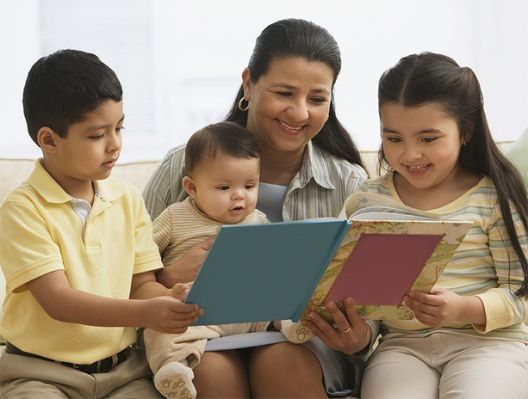 Sovetskaya, 19sq. 19 was registered on 05.11.2002. The organization was assigned TIN 7604040513, OGRN 1027600680964, KPP 760401001. In total, 2 types of activities were registered according to OKVED. There are no connections with other companies.
Sovetskaya, 19sq. 19 was registered on 05.11.2002. The organization was assigned TIN 7604040513, OGRN 1027600680964, KPP 760401001. In total, 2 types of activities were registered according to OKVED. There are no connections with other companies.
Number of co-owners (according to the Unified State Register of Legal Entities): 2, director - Sorokin Alexander Anatolyevich.
NON-STATE EDUCATIONAL INSTITUTION EARLY READING SCHOOL did not participate in tenders. There are no enforcement proceedings against the company. NON-state EDUCATIONAL INSTITUTION EARLY READING SCHOOL did not participate in arbitration cases.
Requisites NON-STATE EDUCATIONAL INSTITUTION EARLY READING SCHOOL, legal address, official website and extract from the Unified State Register of Legal Entities are available in the SPARK system (demo access is free).
Full verification of counterparties in SPARK
- Unpaid debts
- Arbitration cases
- Communications
- Reorganizations and bankruptcies
- Other risk factors
Complete Company Information NON-STATE EDUCATIONAL INSTITUTION EARLY READING SCHOOL
299₽
- Company registration data
- Manager and principal owners
- Contact information
- Risk factors
- Signs of economic activity
- Key financial indicators in dynamics
- Check according to the registers of the Federal Tax Service
Buy Example
999₽
Yearly change monitoring enabled
- Company registration data
- History of changes in managers, names, addresses
- Full list of addresses, phone numbers, websites
- Data on co-owners from various sources
- Related companies
- Activity details
- Financial statements for several years
- Financial assessment
Buy Example
Is free
- Complete information report - SPARK PROFILE
- Adding contact details: phone, website, mail
- Adding a description of the company's activities
- Download logo
- Loading documents
Edit data
SPARK-Risks for 1C
Reliability assessment and counterparty monitoring
Learn more
Application for demo access
Applications with corporate emails are processed faster.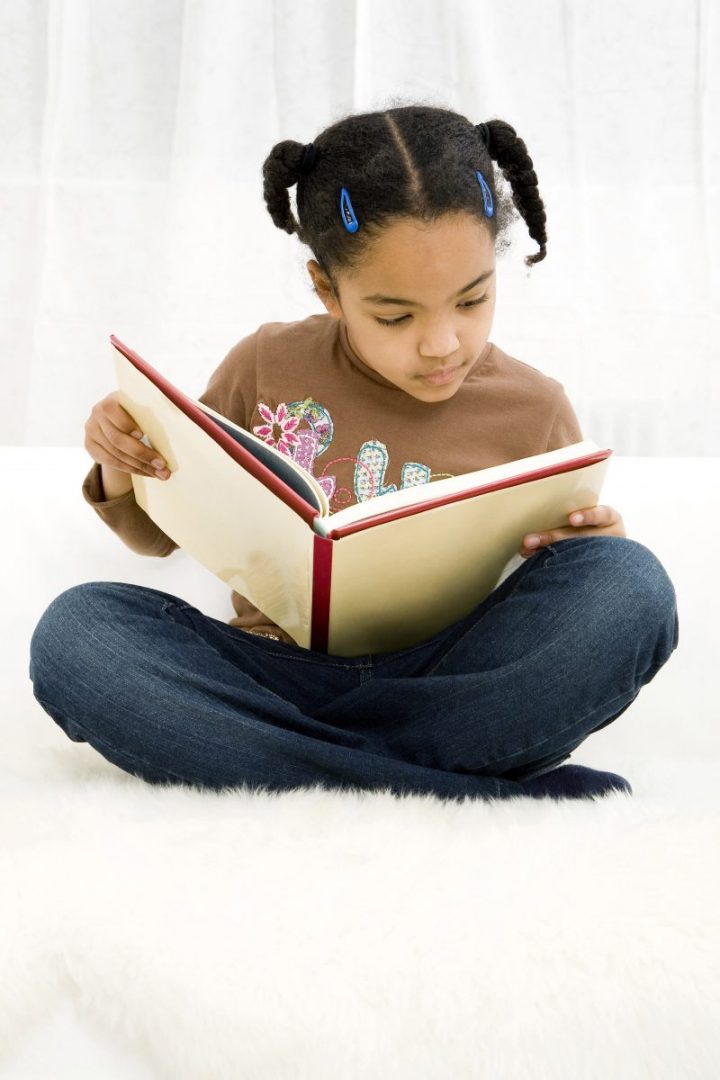
Logging into the system will be possible only from the IP address from which the application was submitted.
Company
Telephone
We will send a confirmation code
Email mail
We will send a link to enter
By clicking the button, you agree to the terms of use and processing of personal data
We read from birth - an article from the series "Early development"
Parents, seriously thinking about the development of the crumbs, probably already stocked up on children's books. When, how and what books to start reading with the baby, so that they serve his development?
It is better to start developing an interest in a book as early as possible, when the child is still interesting, and then he will be able to make a choice himself, already being a “mature” reader.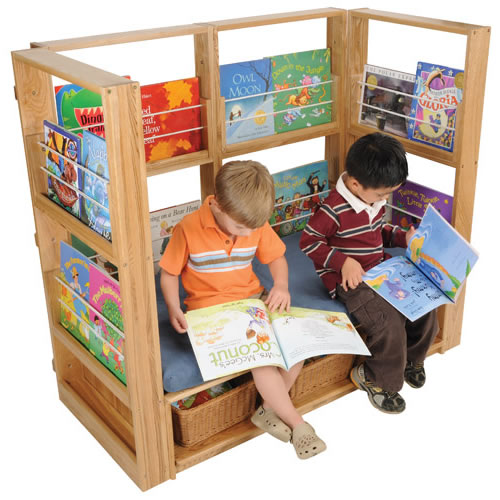 It is best to introduce a child to books at 2-4 months, when he has not yet begun crawl, roll over and walk. When he starts to crawl and explore the world, it will be difficult for him to concentrate on the book. But in 2-3 months reading and looking at the pictures can really captivate the baby.
It is best to introduce a child to books at 2-4 months, when he has not yet begun crawl, roll over and walk. When he starts to crawl and explore the world, it will be difficult for him to concentrate on the book. But in 2-3 months reading and looking at the pictures can really captivate the baby.
Why do we need books? The fact is that when reading books, we develop "eidetic reading", in which the printed word causes an internal video sequence, gradually the child learns to see with his inner eye the pictures drawn by the writer, he develops a connection between the word and internal images, develops fantasy. This does not happen immediately, but gradually, so you need to go “from simple to complex”, first select books with simple rhythmic text, with good illustrations that will give impetus to the "video sequence" without filling it entirely, leaving room for fantasy. Then more and more difficult text, less and less more and more difficult pictures to text.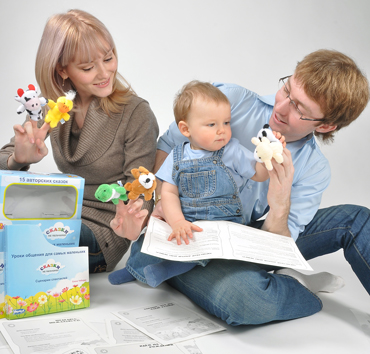
Stock up on a few books before your baby is born. When he is born, he will have no time to run around bookstores, and the first lessons can be started already in the first months. Yes Yes. Do not wonder. Many people think that it’s definitely “early” before two years. But if you talk from birth, tell poems to the baby, he is more prepared for perception than his peers, develops faster in speech terms.
In addition, you may well tell your favorite adult poems to a newborn baby, read A.S. Pushkin, L.N. Tolstoy if you yourself get by this pleasure. The fact is that at first the child is busy "set" speech material. The main task that he solves is to get acquainted with the language, catch the rhythm, intonation variety, etc. The main thing that is required of you is the expressiveness of reading and poetry with good rhythm, sound writing, and repetitions.
For a two-three-month-old baby, books of A4 format are best suited for visual acquaintance with books; it is more difficult for such a baby to perceive small pictures.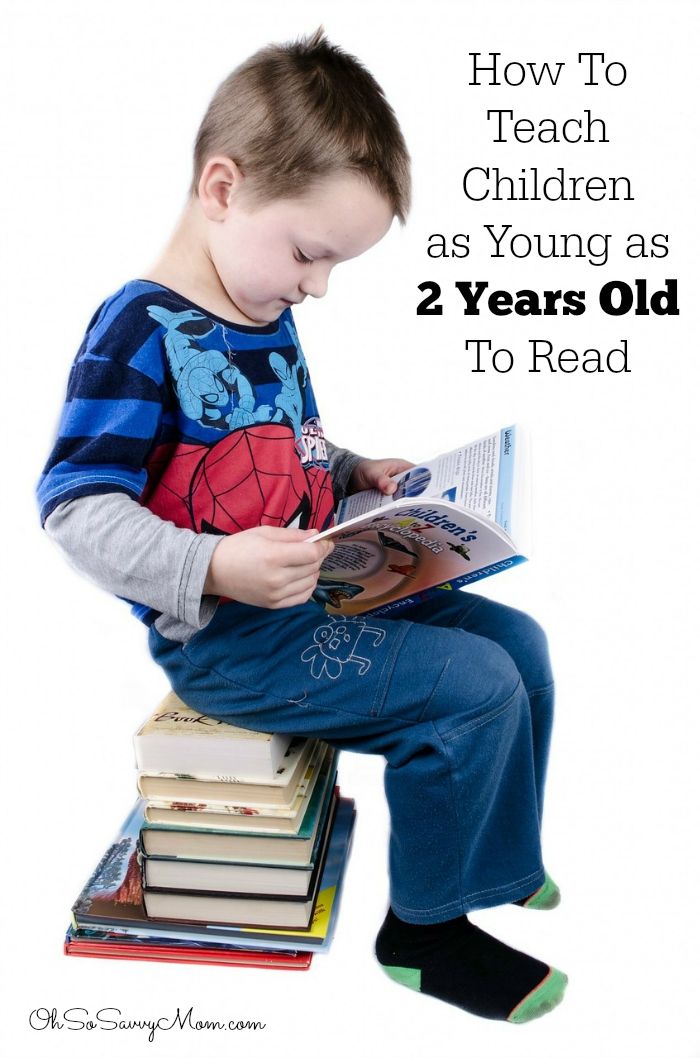 The illustrations should be simple and realistic (the elephant drawn next to the fly cannot be larger than the fly). Images must be large and similar to real objects (after all, it is more difficult for a baby to understand schematic images). One line of text should correspond to one picture.
The illustrations should be simple and realistic (the elephant drawn next to the fly cannot be larger than the fly). Images must be large and similar to real objects (after all, it is more difficult for a baby to understand schematic images). One line of text should correspond to one picture.
It would be nice if you start with poems by A. Barto or K. Chukovsky. Before you start reading directly, you need to prepare the child for this, first, recite by heart "Telephone", "Fly-Tsokotuhu", "Clumsy Bear", etc. You will certainly notice which poem the child likes especially, he will be more attentive and lively when you tell it. Nursery rhymes are great, for example:
Cockerel, cockerel,
Golden comb,
Butterhead,
Silk beard.
What do you get up early,
Sing loudly,
Do you let the kids sleep?
Oh you kitty,
You are my gray,
How not to love you,
The tail is white!
You grinded wheat,
I divorced her with milk,
Cooked porridge for Van,
I fed Vanya with porridge,
After put to sleep.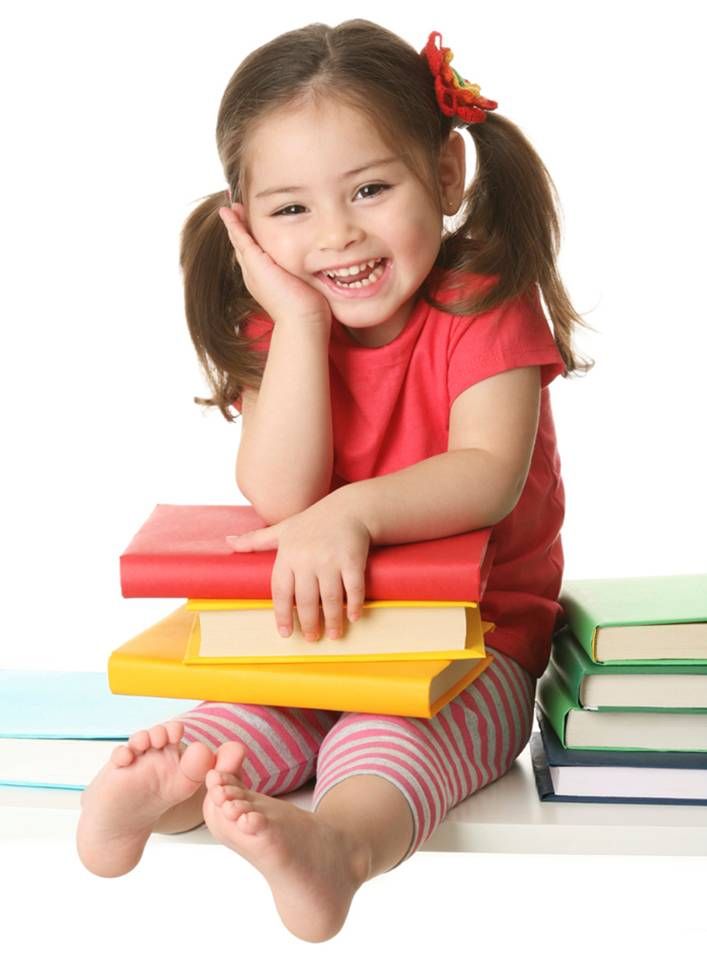
Because of the forest, because of the mountains
Grandpa Egor is coming.
Himself on a horse,
Wife on a cow,
Children on calves,
Grandchildren on goats.
Children always like them and are now published in large numbers. Having “learned” the poem, telling it to the child expressively, looking into the eyes, several times, you can also connect a video sequence - go to his reading of this work in a book. You've already prepared. Lay the child half-sitting on your lap (tactile contact is very important), hold the book in front of his face at a distance of 30 cm. Tell-read a familiar poem, while showing in the book: “here is a bear, here is a fly, etc.” The first "sessions" should be short - 2-3 minutes, because it is still difficult for the baby to concentrate.
There are children who like poetry less than prose. Don't be afraid to offer different stories. For an early age, "Rock-Rock Hen" is suitable, "Turnip", "Teremok", "Kolobok", when these are left behind, you can read "Masha and the Bear", "Three Bears", "Seven Kids".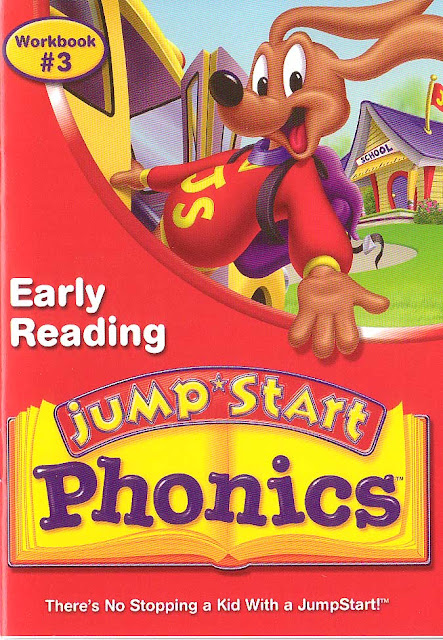
You can also introduce your child to other formats of books. When the baby learns to hold his head well, lying on his stomach, for example, it's time to give him a "try" a couple of books (now they sell a lot of colorful, hard-paged books). Let him reach out to them with his hands, grab, try on the tooth, examine.
Be sure to combine reading or telling a poem or fairy tale with touch. Show imagination, for example, with the words "rolling kolobok ... "roll something along the back of the child, or pull the baby up, when" pull-pull the turnip ... ", tap something lightly on the palm when you say the words "Grandfather beat-beat, did not break ...", etc.
Over time, reading will become a kind of ritual: the baby drags a book and sits on your lap (my daughter, by the way, learned to do this even before How did you learn to walk and talk?
It is not so difficult to teach a child not to tear books (just be sure to allow him to tear something else: magazines, paper, etc.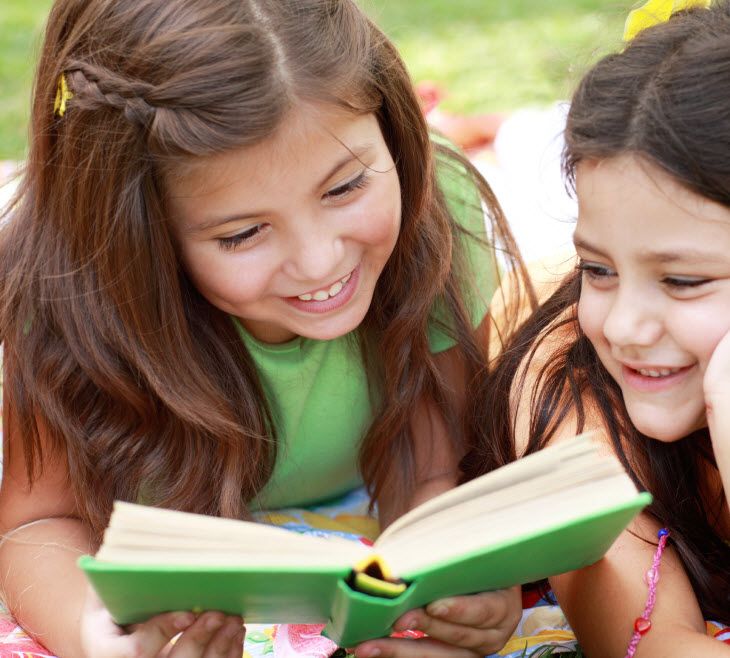 ), allocate a place (shelf) where his books will lie, “bring a little book, we will read” - it will become your password, so respect for the book will be absorbed with mother’s milk in the literal sense.
), allocate a place (shelf) where his books will lie, “bring a little book, we will read” - it will become your password, so respect for the book will be absorbed with mother’s milk in the literal sense.
Never refuse a child to read if he brought a book “not for his age”, tell briefly, in a few words, what the book is about. In general, it is not necessary to read the entire text at once, if it is not a poem (in extreme cases, you can select an excerpt from a poem), it is important for you to learn how to according to age, simplify the plot, discard "unnecessary" details. For a one-year-old baby, let it be 3-4 sentences “with a show”: “here is a woman, here kolobok, and who is this, a bunny? Over time, “build up momentum”, let him show as you read, and you use epithets, use details. Choose poems with repetitions, for example:
A gorilla came out to them,
The gorilla told them,
The gorilla told them,
Sentence:
"Won shark Kurakula
Opened her evil mouth.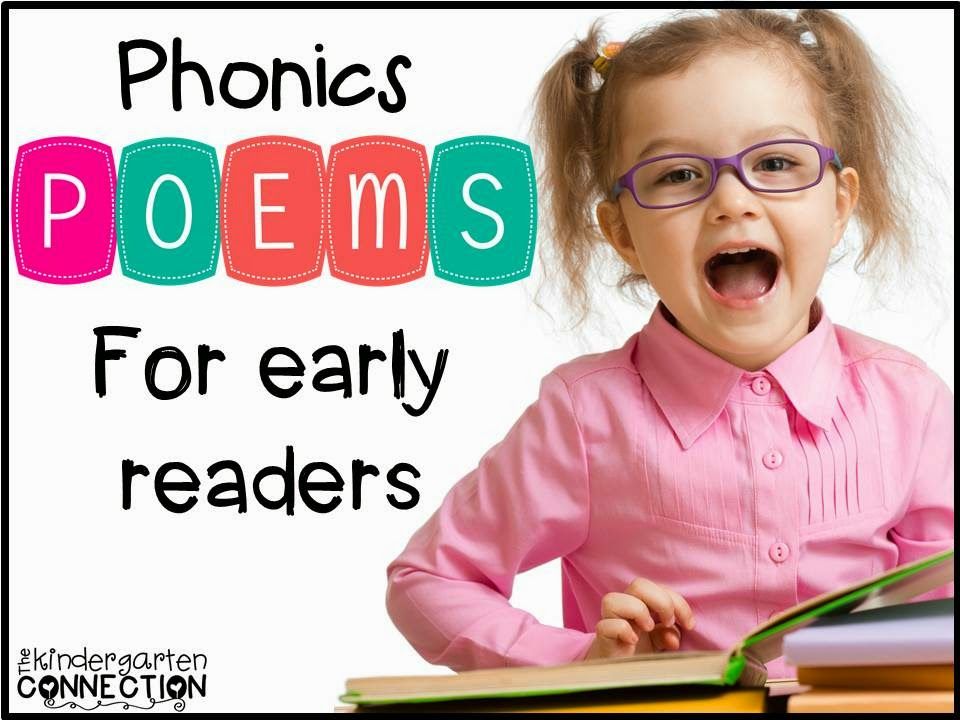
You to the shark Karakula
Would you like to get into
Right in the mouth?
After one and a half, the child will be able to insert simple missing words into his favorite poems. You will be surprised to find that he knows by heart what you read to him all the time. The most wonderful poems for babies, which over time you can read with a "show", developing imitative abilities crumbs:
A bull is walking, swinging,
Sighs on the move,
Oh, the board is ending,
Now I will fall.
A clumsy bear is walking through the forest,
Collects cones, sings songs,
The bump flew off, Mishka right in the forehead.
The bear got angry with his foot: top.
I love my horse,
I will comb her hair smoothly,
I will smooth the ponytail with a comb,
And I'll go on horseback to visit.
It's time to sleep, the bull fell asleep,
Laid down in a box on a barrel,
Sleepy bear went to bed,
Only the elephant does not want to sleep,
An elephant nods its head,
He sends a bow to the elephant.
A. Barto's poems are very well suited for moving, showing, touching (stroke the horse, sigh and sway for the bull, stomp for the bear, nod for the elephant, etc.).
If you missed the time, the baby has grown up, but has not made friends with books, you will have to be patient, it is better not to force things, give the baby freedom, if he started flipping through some book, draw his attention to some picture, naming and showing what is depicted "Here is a bear." Then fix your attention on the details: “he has a barrel of honey”, then retell the text of the book, pointing to the characters and objects, then read the captions under the pictures. And only then read in full, these exercises can stretch for several days. It is better not to force a child to listen to books against his will.
Watch your child's fatigue carefully, finish a little earlier than he gets tired (let him always be a little hungry). As soon as you notice signs of fatigue, switch your baby's attention to another activity.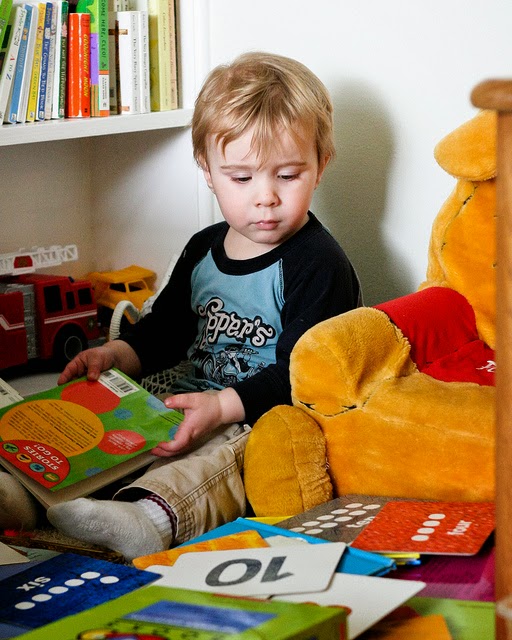.jpg) And let reading always be a holiday, when both of you are in a good mood, you can pay attention to it, have plenty of fun, it’s better not to read hastily if you are in a hurry somewhere. It really matters how you read. Often adults read too fast or too slowly, and perhaps for a long time, the child cannot sit: choose the right rhythm.
And let reading always be a holiday, when both of you are in a good mood, you can pay attention to it, have plenty of fun, it’s better not to read hastily if you are in a hurry somewhere. It really matters how you read. Often adults read too fast or too slowly, and perhaps for a long time, the child cannot sit: choose the right rhythm.
The success of a children's book depends largely on the mood of the reader. Rejoice and rejoice with the characters, help to feel the rhythm that is inherent in the poem, tap it with your palm or foot, try to get closer to the level of perception of the child, depict what you can depict: what a round bun, what a toothy wolf, etc. With in time you will be rewarded with a child's love of reading, but in the meantime you can feel like a child again.
Read aloud as much as possible to a growing child (even when the child can already read by himself). If you systematically read aloud to a child, he develops logical thinking: he learns the structure of the work, the laws of plot development, the ability to listen develops, the child learns new words, learns something new.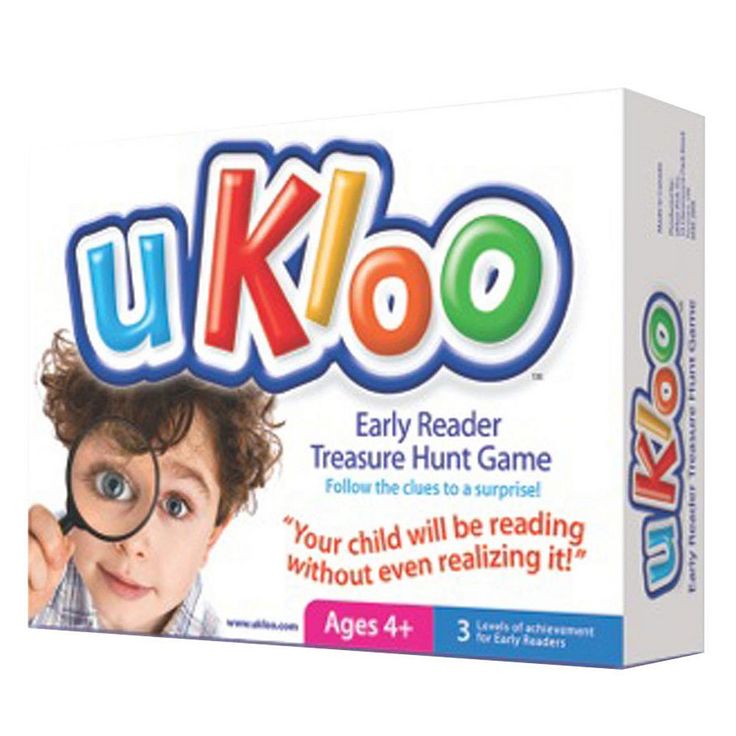 Even if he asks you to read the same books all the time, this does not mean that they do not give anything new, well-known heroes travel with him in his fantasy world, imaginative thinking develops. Specialists conducted a study, as a result of which they found out that a child who is read aloud every day asks 10-15 thousand questions a year from books. And the more you know, the more you want to know.
Even if he asks you to read the same books all the time, this does not mean that they do not give anything new, well-known heroes travel with him in his fantasy world, imaginative thinking develops. Specialists conducted a study, as a result of which they found out that a child who is read aloud every day asks 10-15 thousand questions a year from books. And the more you know, the more you want to know.
For my children, reading is a ritual: we usually read before going to bed, and physical contact is very important and, in general, the warmth and attention of parents.
But sometimes a child refuses to listen to a book. What does this mean:
1. The child is tired or sick, wants to do something else now, you are distracting him from an interesting game, etc. Try to choose a different time.
2. He wants to eat or sleep.
3. Need a book with different illustrations, another author, easier to understand, another genre or on another topic (for example, your kid likes books about animals, and even of an encyclopedic nature, and you are trying to slip him a book about Little Red Riding Hood) . Be interested in the tastes of the child. Let him choose a book in the store. Yes, yes, such a baby (out of two or three that you offer him).
Be interested in the tastes of the child. Let him choose a book in the store. Yes, yes, such a baby (out of two or three that you offer him).
4. Perhaps he has not yet grown up to "prose" or full reading (try books in verse or partial retelling again).
5. You read badly (as for an adult, boring, monotonous, fast, etc.).
6. Your child is fidgety (you need to start small, gradually increasing the time).
7. You are unable to establish close contact with your child while reading (you are constantly distracted by telephone calls, household chores, conversations with other family members). Do not destroy the emerging feeling of intimacy, then the child is unlikely to refuse to read together, look at books.
8. Your child just needs a new book, the “old” ones are boring.
Starting, you need to remember that, unlike sitting in front of the TV, when imagination is not required: the video sequence (and how colorful it is) already accompanies the sound sequence, books are not a passive activity, but rather laborious, it requires a lot of effort, so it is important not to overdo it, do not put pressure on the child, start little by little, without waiting until the baby is overworked and bored.